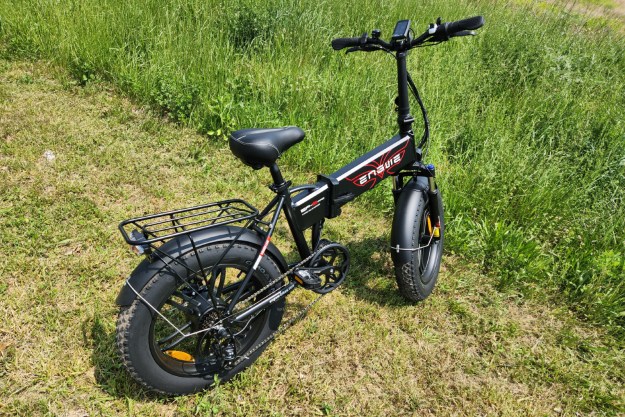Ski season is in full swing and while skiers and snowboarders are out there shredding the gnar, ski resorts are still plagued by inherent high traffic and slope condition issues. Participants have to wait in lift lines, stumble across those unexpectedly closed trails, and grudgingly pick their way down steep moguls on that run they could have sworn was listed as groomed. But what if there was a way to have on-demand resort information available right at your fingertips so you could avoid all of those things? Vail Resorts is launching Emma for next year’s ski season — the first-ever digital mountain assistant. Waiting in line at guest services for information will soon be a thing of the past.
While Siri unlocked the gateway to a new realm of instant information, Alexa took things at home to a whole new level, and now Emma is joining the ranks of artificial intelligence — for the mountainside. It’s an important time for ski resort technology — while Alpine Media Technology is installing digital screens into chairlift restraining bars, Vail Resorts introduces Emma, its epic mountain assistant. For the 2018-19 season, resort goers will be able to ask Emma a multitude of questions via text message — and receive immediate and correct responses.
Emma will provide information specifically for nine of Vail Resorts’ mountains – including Vail, Beaver Creek, Breckenridge, and Keystone in Colorado; Park City in Utah; Heavenly, Northstar, and Kirkwood in Tahoe, and Whistler Blackcomb in Canada. Emma will be able to answer questions tailored to each resort, including snow conditions, lift line wait times, wayfinding, ski school, lift tickets, and equipment rental options.
How does it work? Emma uses a combination of artificial intelligence and natural language processing to serve a wide range of guests on their individual ski vacations. Emma’s knowledge spans internal and external data sources and data accumulated by resort employees and mountain experts. And the more users utilize Emma, the smarter and more responsive she will get. If there’s a question Emma can’t answer, she’ll pass you on to a live agent for further assistance.
Emma will only be available in English to start, but the launch is just the beginning. You will be able to ask Emma questions anytime about any of the nine resorts from wherever you are in the United States or Canada — and Vail may expand Emma to serve the rest of its resorts. There is an alpha version of Emma that will be available this month to a limited number of users for testing.
After the launch, users will be able to reach Emma by text — no app download necessary.
Editors' Recommendations
- Nvidia’s new voice A.I. sounds just like a real person
- The results are in: Alexa is legitimately dumber than Siri and Google Assistant


